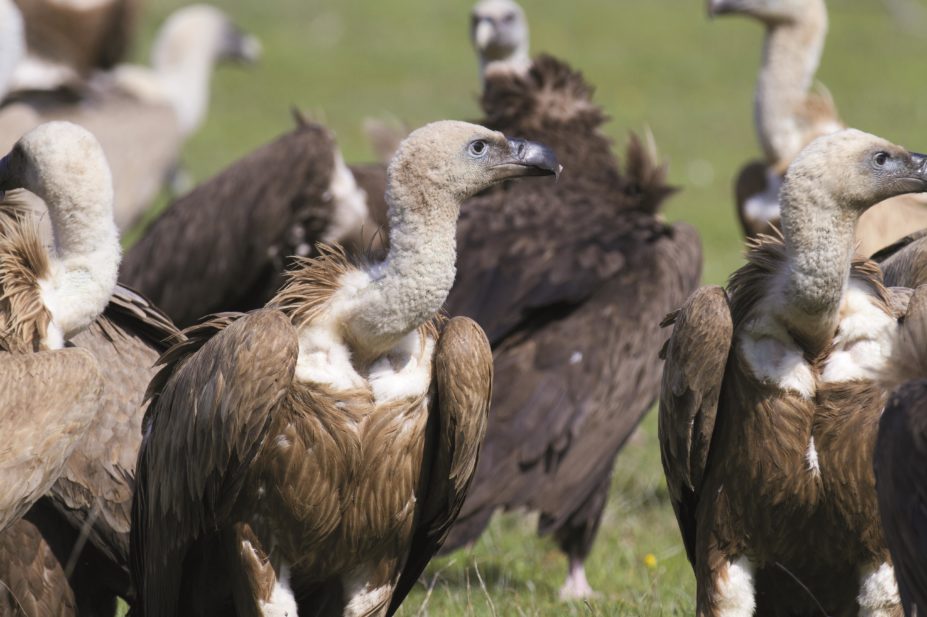
Txanbelin / Shutterstock.com
The European Medicines Agency (EMA) may consider a ban on veterinary medicines containing diclofenac because the anti-inflammatory product could pose a risk to the vulture population.
Diclofenac has been banned from animal medicines in southeast Asia after it was found that large numbers of vultures were dying from kidney failure after eating the carcasses of animals which had been prescribed the product.
The necrophagous birds play a vital role in stopping the spread of disease and any threat to the health of the vulture population in Europe would be disastrous.
Diclofenac has been used in Europe in veterinary medicines for companion animals since the 1990s. In five member states it is also used in the treatment of food-producing animals such as cattle and pigs.
The EMA’s committee for medicinal products for veterinary use wants to carry out a risk assessment to see if a similar ban should be introduced across the European Union (EU).
A public consultation, which runs until October 10, will seek views on existing EU rules for the disposal of dead animals and will look at the use of diclofenac and the feeding practices of vultures. The risks of diclofenac residues in animal by-products will also be considered.
The committee plans to make its recommendation to the European Commission by November 30.

